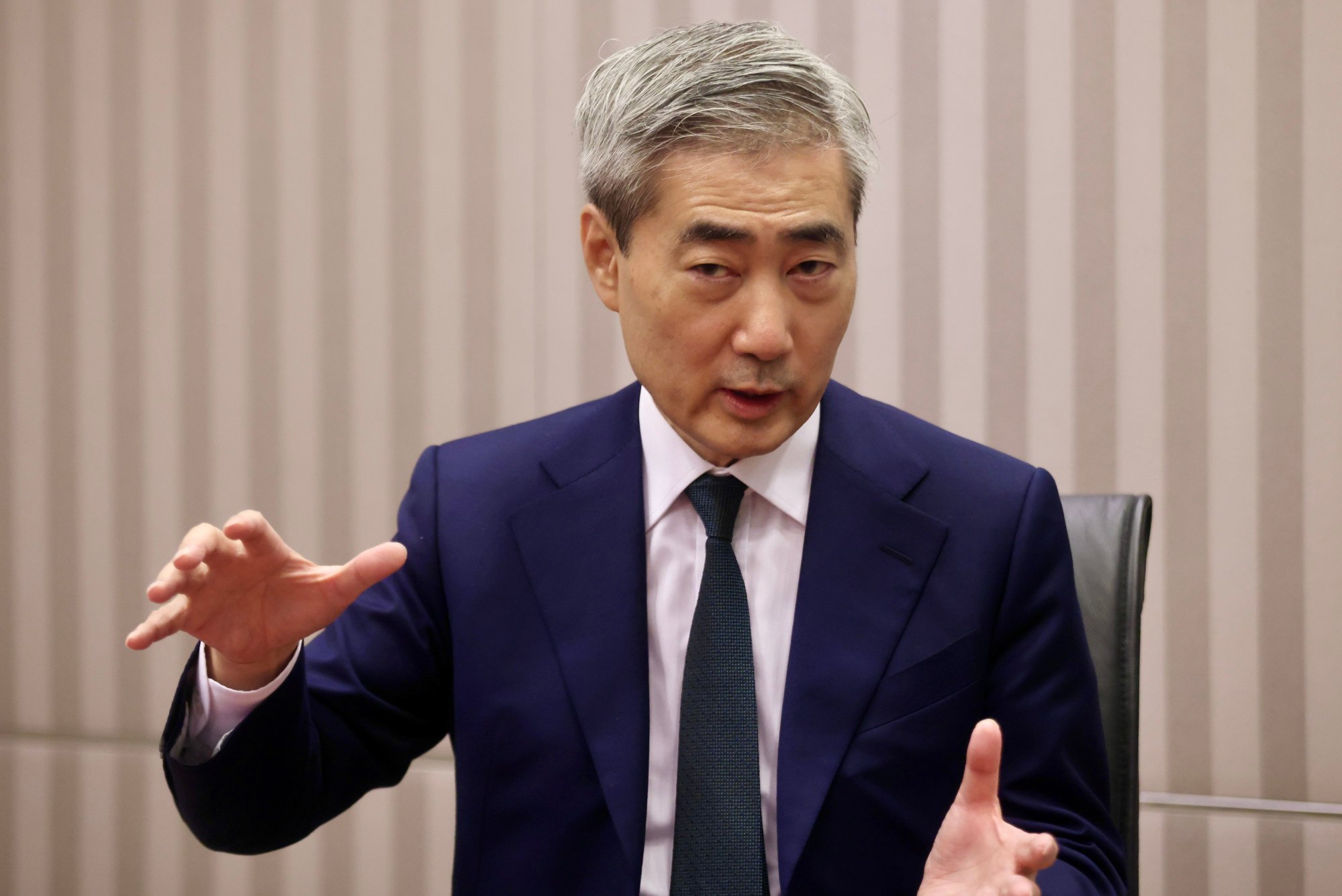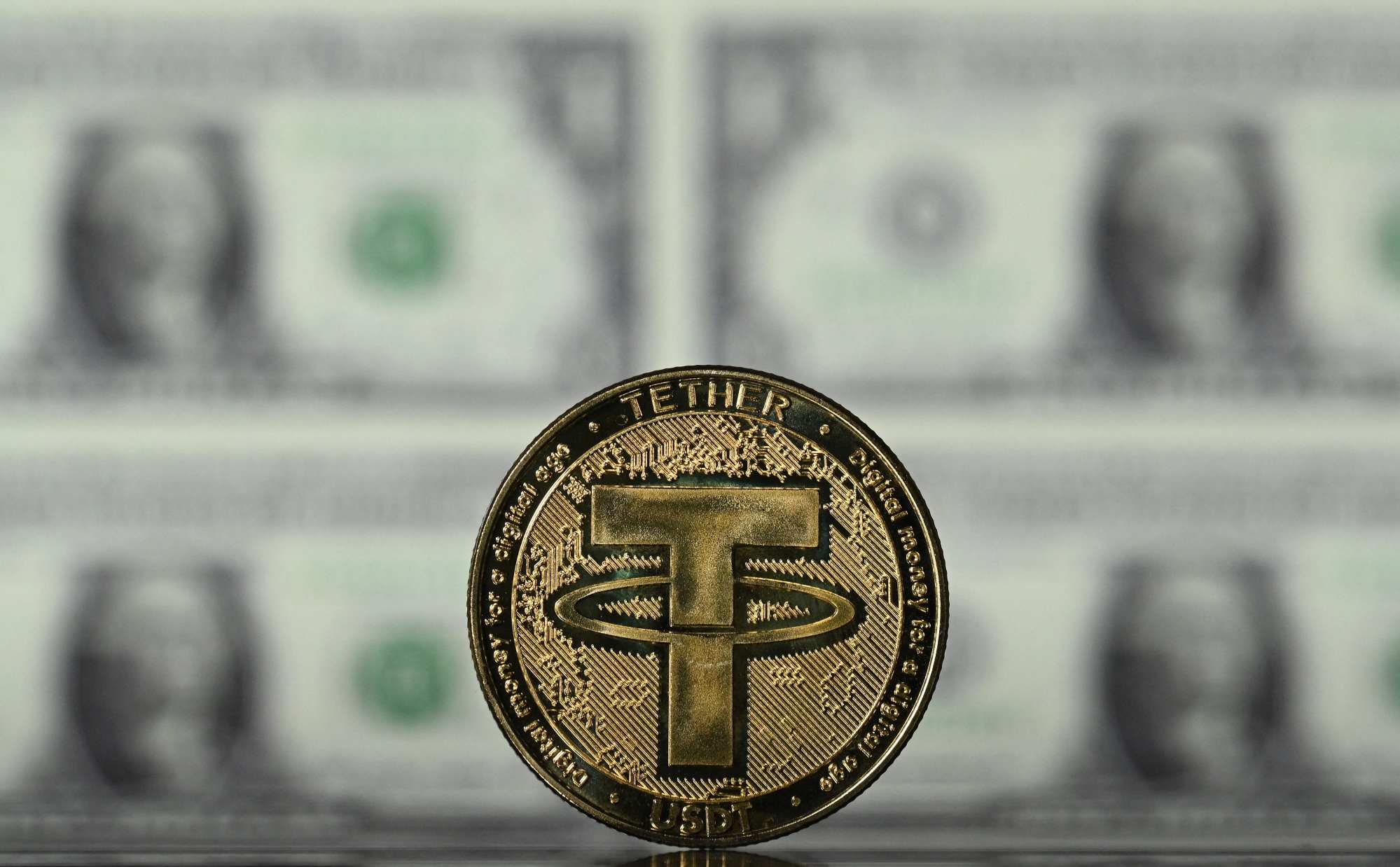Judul : Global financial system must rewrite its rules for the tokenised future, says BIS adviser
link : Global financial system must rewrite its rules for the tokenised future, says BIS adviser
Global financial system must rewrite its rules for the tokenised future, says BIS adviser
The rise of stablecoins poses new challenges to the global infrastructure for instant payment, clearing and settlement, said the gatekeeper of the world's central banksThe worldwide financial system needs to rewrite its rules for a future of tokens, as the rise of stablecoins poses new challenges to the global infrastructure for instant payment, clearing and settlement, according to the gatekeeper of the world's central banks.
Stablecoins, which are digital tokens backed by fiat currencies or other reserve assets, could make anti-money-laundering (AML) work and banks' task of knowing their customers more difficult because of their cross-border, pseudonymous transactions, said the Bank for International Settlements (BIS), the organisation that is often dubbed the "central bank of central banks."
"The rules of the monetary system are changing and stablecoins are right at the front line of the policy debate," said Shin Hyun-song, BIS' economic adviser and the head of its monetary and economic department, during an interview with the Post on Monday in Hong Kong. "[Stablecoin] is a borderless instrument used mainly as the gateway to the crypto ecosystem and other decentralised finance platforms, but it also generates many new types of challenges."
Do you have questions about the biggest topics and trends from around the world? Get the answers with SCMP Knowledge, our new platform of curated content with explainers, FAQs, analyses and infographics brought to you by our award-winning team.
The challenges have been exacerbated by the buzz around the stablecoin issuer Circle Internet Group, whose stock price has soared sevenfold within a month of its June 5 initial public offering in New York. The Trump administration's embrace of private digital currencies has sent bitcoin's value past US$120,000 for the first time, luring more believers to join the fray.

The hype has attracted the scrutiny of regulators including the Hong Kong Monetary Authority, which is taking a keen interest, as the city's first stablecoin ordinance is poised to take effect in two weeks.
The BIS has been beating the drum with its warnings about the challenges of stablecoins since the Basel, Switzerland-based bank outlined its vision of a unified ledger that uses blockchain technology and tokens to harmonise money and assets into a shared, worldwide infrastructure.

Stablecoins are a way of implementing tokenisation, similar to tokenised deposits and central bank digital currencies, the money that BIS preferred in its innovation projects.
Their widespread use, especially when pegged to foreign currencies, could undermine domestic monetary sovereignty, while their heavy investment in treasury bills could affect short-term interest rates and market stability during rapid inflows or outflows, BIS said.
These issues could arise amid heightened discussion of de-dollarisation and questions over whether the US dollar can retain its strength and status as a safe-haven asset.

To be sure, the US dollar is still the dominant currency that undergirds the world's US$255 billion of stablecoins. Tether's USDT and Circle's USDC account for around 90 per cent of the market capitalisation, double the level from just two years ago.
In another assessment last month, BIS said stablecoins were "unsound money" that fell short of the three properties of a well-functioning monetary system: "singleness", elasticity and integrity.
Singleness refers to the principle that money - in all of its forms - should be valued and exchanged at par, BIS said. The integrity of the monetary system refers to its resistance against illicit activity.
"The instrument's lack of elasticity could limit its use to smaller cross-border payments," Shin said. Stablecoins must be pre-funded, which is unsuitable for supply chain financing, where huge amounts of liquidity would be locked up, he added.

Despite the concerns, BIS believes that stablecoins would play a role in the monetary system as they represent another way of implementing tokenisation, or the process of creating a digital representation of a real-world asset.
Shin said this concept held "great promise" because it would automatically trigger improvements in current methods and would expand possibilities for new types of economic arrangements.
"It's quite likely that stablecoins will be here to stay, because crypto is not going away any time soon," Shin said. "For lower-value payments up to half a million US dollars, stablecoins may still have a subsidiary role to play, if appropriately regulated."
A scenario the BIS envisions involves solving the complexity of supply chains that often hinders trade development due to challenges in ensuring that actions are performed correctly. By programming these processes, counterparty risks could be eliminated and payment and delivery would be simultaneous, Shin said.
"We need a conceptual leap in the policy approach, from applying rules at the intermediary level to applying rules at the token level," Shin said.
The method should be "technically feasible" and leverage the transparency of blockchain transaction histories. "We can create rules referencing the entire payment history rather than focusing on individual intermediaries," he added.
For instance, if a bitcoin has been linked to fraudulent activity, we could assign it an AML score, similar to credit ratings for credit risk.
"Central banks must take the lead, as a siloed private sector initiative alone will not ensure interoperability," Shin said.
More Articles from SCMP
This week in PostMag: Hong Kong’s bamboo scaffolding and a Bali bone healer
China trims US Treasury stockpiles again, Panama Canal warning: SCMP daily highlights
China’s top market regulator summons Alibaba, Meituan, JD.com over delivery price war
Chinese investors likely to keep USMCA benefits despite China-US rivalry: Mexican envoy
This article originally appeared on the South China Morning Post (www.scmp.com), the leading news media reporting on China and Asia.
Copyright (c) 2025. South China Morning Post Publishers Ltd. All rights reserved.
Demikianlah Artikel Global financial system must rewrite its rules for the tokenised future, says BIS adviser
Anda sekarang membaca artikel Global financial system must rewrite its rules for the tokenised future, says BIS adviser dengan alamat link https://www.punyakamu.com/2025/07/global-financial-system-must-rewrite.html
0 Response to "Global financial system must rewrite its rules for the tokenised future, says BIS adviser"
Post a Comment